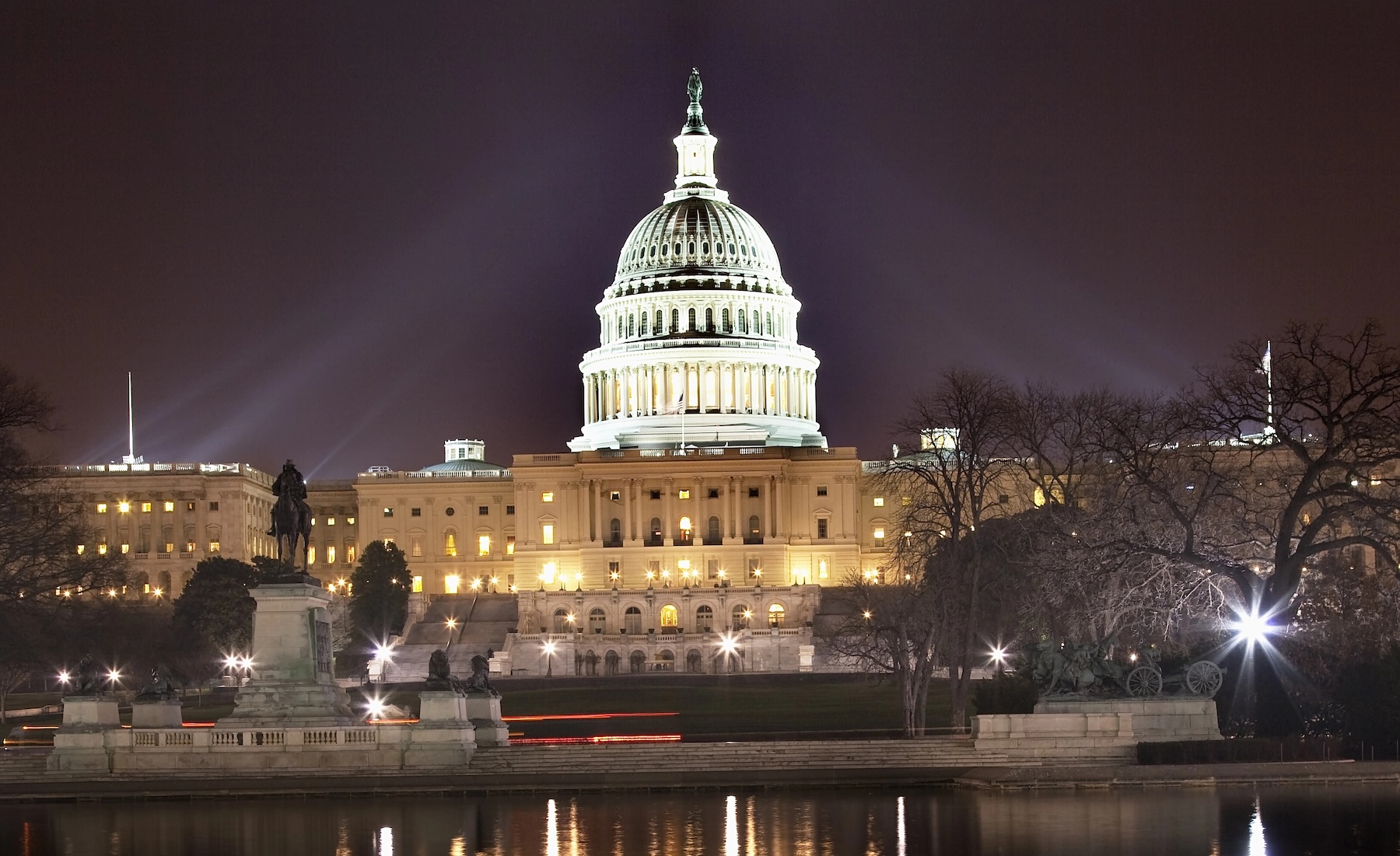Key Points
- The Senate version of the tax bill proposes an 8% top rate on college endowment investment income, much less than the House’s 21% proposal.
- The bill would replace the current flat 1.4% tax with a tiered structure based on per-student endowment size.
- Private colleges with endowments over $2 million per student would face the highest tax rate under the new Senate proposal.
Since 2017, a 1.4% excise tax has applied to net investment income at endowments of wealthy colleges and universities. That policy, introduced as part of the Tax Cuts and Jobs Act, targets institutions with more than 500 tuition-paying students and endowments exceeding $500,000 per student. It raised $244 million in revenue in 2022, affecting just under 60 schools.
The Trump administration has made private wealthy colleges a focus – questioning whether they are paying their fair share. The endowment tax proposals reflect that.
The House version of the new tax bill proposes raising that rate to a maximum of 21%, based on a sliding scale. The Senate proposal (PDF File), aims for a more modest increase with a three-tier system.
With the new proposal, colleges with a per-student endowment would face the following taxes:
|
Per-Student Endowment |
Excise Tax Rate |
|---|---|
|
$500,000 to $750,000 |
1.4% |
|
$750,000 to $2 million |
4% |
|
$2 million or more |
8% |
Would you like to save this?
Impact On Private Colleges
This tax increase would still hit some of the nation’s wealthiest schools. Harvard, Yale, Stanford, and Princeton each have endowments of over $2 million per student. Harvard alone reports $53.2 billion in total endowment assets, with 70% restricted for specific purposes.
While some lawmakers argue these schools could do more to ease student costs, others warn that new taxes could lead to reduced scholarships, slower research growth, and higher tuition. Even at institutions with large reserves, most of the funding is locked into long-term goals, faculty positions, and grant-supported work.
Supporters of the Senate bill argue that a lower tax tier for mid-size endowments could protect less-wealthy private colleges while still asking more from the largest institutions. And it’s important to remember that this tax is just on the income the endowments generate – not the actual principal balance.
Potential Impacts On Financial Aid
Colleges use investment earnings to fund a wide range of activities. While many endowment funds are restricted (meaning they must serve a specific purpose like funding a building’s maintenance), other endowment funds are unrestricted, meaning they can be used for anything.
Those unrestricted funds usually support financial aid and academic programming, depending on endowment returns. Any reduction in those funds could force institutions to reconsider how they support students.
Endowment funds also serve as a buffer in downturns. Schools often dip into reserves when tuition revenue falls or donor contributions slow. Some university leaders say a steeper tax could discourage donations if donors feel their gifts are being diverted to the IRS.
Not all universities are worried. Institutions with smaller endowments may not see much change. The proposal also excludes public universities and religious schools that meet specific criteria.
What Happens Next?
The House and Senate must still reconcile their versions of the bill before anything becomes law. The effective date for the new tax structure is set for the 2026 tax year. The bill is planned to be finalized by the end of June, so changes may happen quickly.
Whether the final law resembles the House’s 21% rate or the Senate’s 8% maximum could have lasting effects on how colleges manage their assets and support students.
Don’t Miss These Other Stories:
Federal Court Stops Trump’s Education Department Layoffs
Proposed College Endowment Tax Hike: What to Know
Harvard Pushes Back On Trump Administration Demands
Editor: Colin Graves
The post Senate Proposal Eases Endowment Tax Hike appeared first on The College Investor.





0 Comments